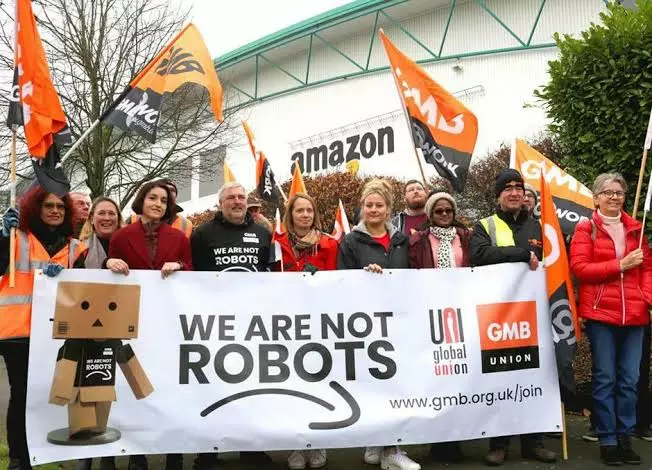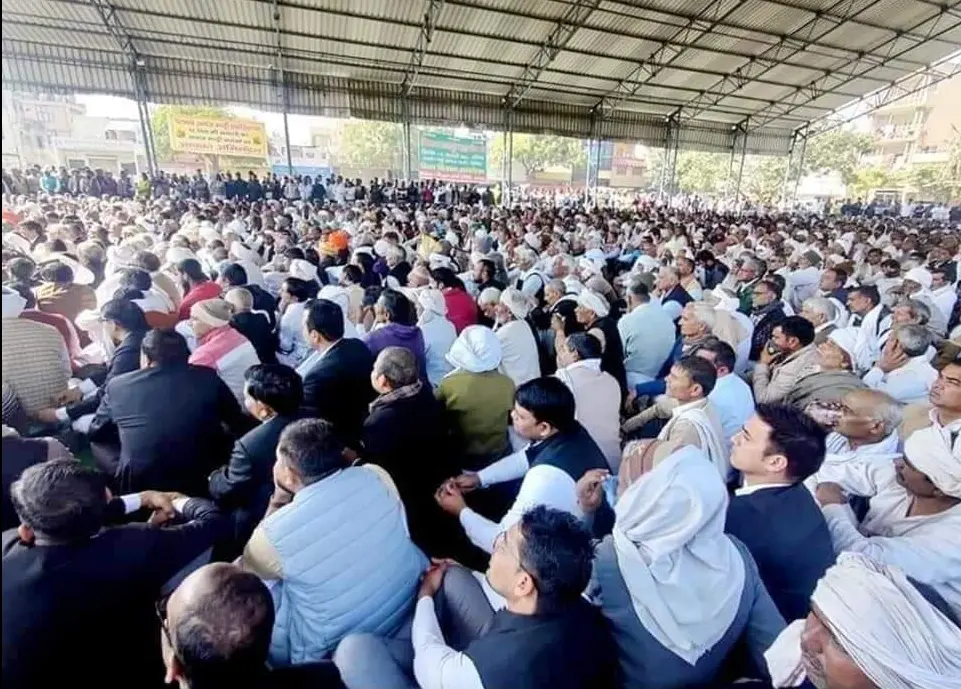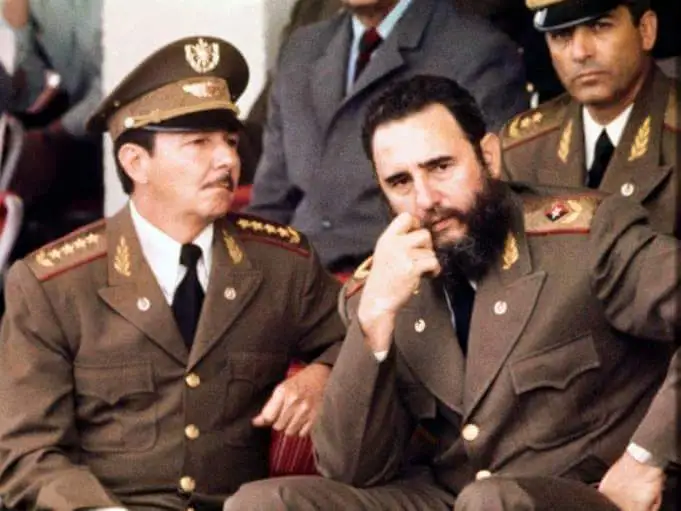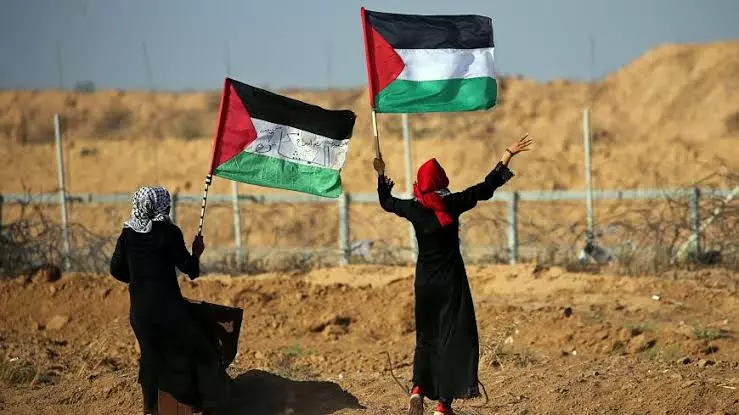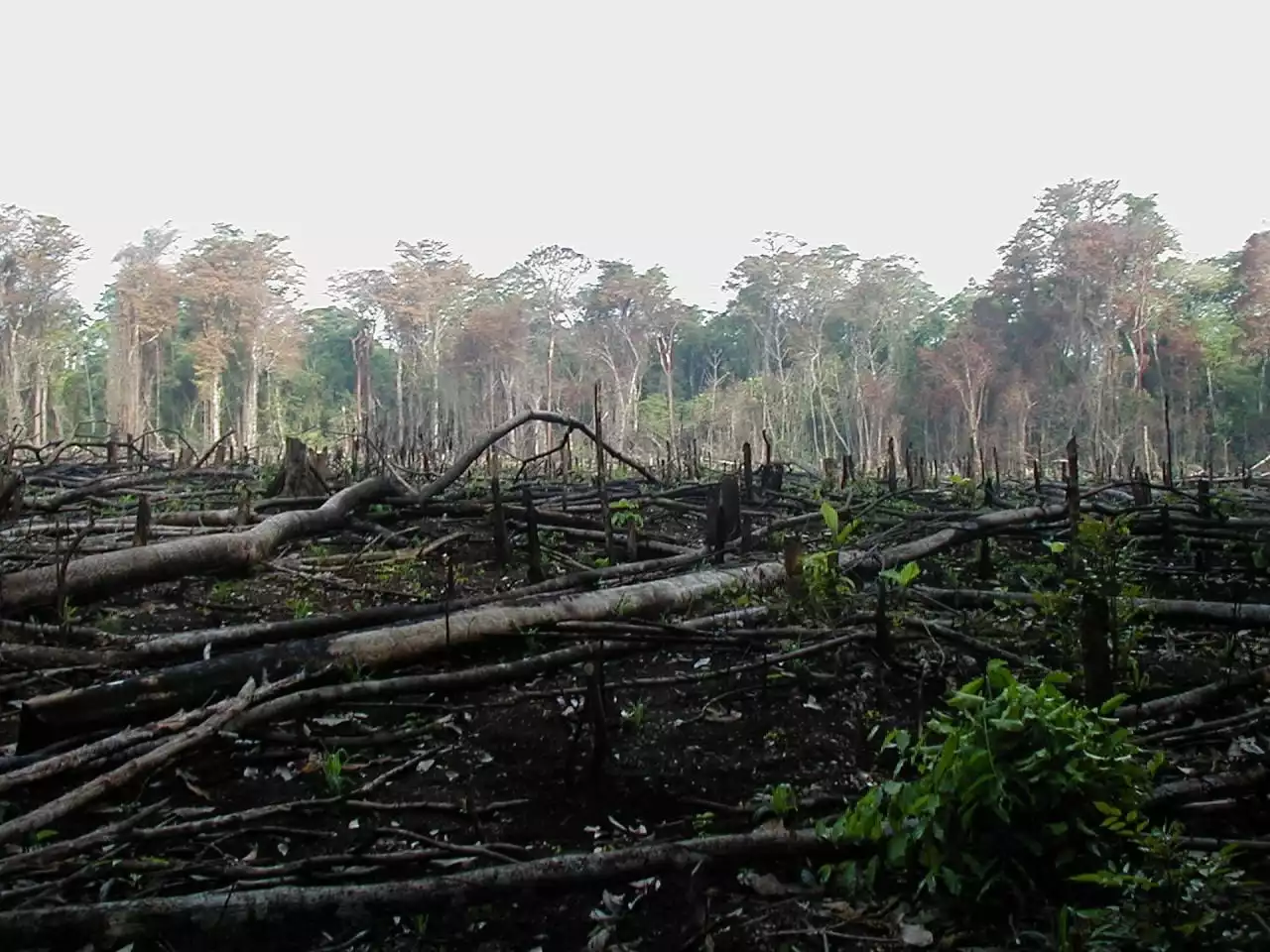It is no secret that pandemic has exacerbated inequality. As the rich stuffed their coffers, the working class was scrambling to make ends meet. Worst of all, they had to work throughout the pandemic, discarding any concerns about their safety. The pandemic got us all, but some had it worse than the others. According to Forbes, throughout the epidemic, Jeff Bezos, Amazon’s founder and CEO, has reaped enormous benefits. Bezos became the world's wealthiest individual, with a net worth that has nearly doubled to over $200 billion.
Amazon's revenues grew 40% year over year in the second quarter of 2020. Sales of online grocery delivery have increased over the previous year, according to the business. So, the workers must have reaped benefits of their hard work, right?
Had this happened, trickle down economics would actually have succeeded. But such is not the case. The company had asked employees to take unpaid time to undergo COVID screenings before clocking in to work. And it was rightfully sued.According to the lawsuit, the corporation has forced employees to undergo health exams before clocking in at its warehouses since March 2020. According to the lawsuit, employees were frequently required to arrive early and wait in large lines to answer health screening questions and have their temperatures taken. According to the complaint, the entire procedure might take anywhere from 20 to 60 minutes.
Even before the epidemic, Amazon compelled warehouse employees to work off the clock for a few minutes each day, according to the complaint. Additionally, Amazon was fined $500,000 for concealing the number of COVID-19 cases at its California offices from its workers.Employers must notify workers who may have been exposed to COVID-19 within one day, and must submit COVID-19 case numbers to local health agencies within 48 hours if they "fit the definition of a COVID-19 outbreak ," according to the legislation.

Moreover, deaths in warehouses have become increasingly common.Billy Foister, a 48-year-old Amazon warehouse worker, died of a heart attack at work in September 2019. An Amazon human resources official informed his brother at the hospital that Billy had been lying on the floor for 20 minutes before obtaining care from Amazon's internal safety responders, according to his brother.
Concerns over working conditions have been raised after a second worker died at an Amazon warehouse in Poland in October this year.
The deaths have been connected by the wife of one of the deceased, as well as coworkers and employee organisations, to severe workloads and supervisors' unwillingness to respond to concerns.
As a result, Amazon, which employs 23,000 workers in Poland directly and another 28,000 indirectly, conducted legally mandated internal investigations and determined that both occurrences were caused by medical concerns. According to the business, "proper protocols" were followed at the scene, and 200 individuals skilled in first aid were on hand. Such a sorry state of affairs.
To make matters worse, Amazon had been unrolling anti worker policies. The United Food and Commercial Workers International Union (UFCW), which represents 1.3 million workers in grocery, meatpacking, and other frontline sectors, has criticised Amazon's decision to expand its new Amazon Fresh supermarket chain and Amazon Go cashierless stores at a rapid pace. These workers are no luddites, they are genuinely concerned about losing their livelihood.

What do the workers want?
Amazon workers have nothing to lose but their chains. Their constant efforts to unionise to protest against the abysmal working conditions have constantly been thwarted.
“Amazon has always been actively trying to dissuade employees from organizing unions,” said Marcus Courtney, a longtime labor advocate who attempted to unionize call center workers at Amazon in the early 2000s. “That was true 20 years ago and it’s true today.” “Amazon controls everything from bathroom breaks to communication with other employees,” Kochan said. “If a union comes in, they’re going to lose some of that control and that’s ultimately what they fear most.” Amazon advertised a position for two intelligence analysts who would watch "labour organising threats" and other sensitive areas and submit their findings to "internal stakeholders, up to and including senior leadership," according to CNBC.
This is how Bezos succeeds.

Come Black Friday, the workers are expected to take charge of their paths. The day of the shopping sales is one of Amazon's busiest of the year.
A day of action is being organised by "Make Amazon Pay," an international coalition of labour, equality, and environmental organisations.
The campaign is calling on Amazon to make changes to its company, such as better pay, the elimination of employee surveillance, and union participation.
In Germany, for example, the Verdi union has called for a strike to begin on Wednesday night at major shipping centres. In France, the CGT, a prominent labour union, is also asking on workers to stop working.
The Make Amazon Pay alliance has gathered over 50 organisations from around the world to endorse a list of shared expectations.
In times like these I cannot help but quote Gioconda Bellí. Belli says,
I want a strike of workers, of drivers, of technicians, of doctors, of doves, of flowers, of children, of women
I want a big strike that includes even love.
A strike where everything is shut down:
the watch, the factories, the nursery, the schools, the bus, the highway, the hospitals, the harbors
The success of this strike could alter their lives for better.
